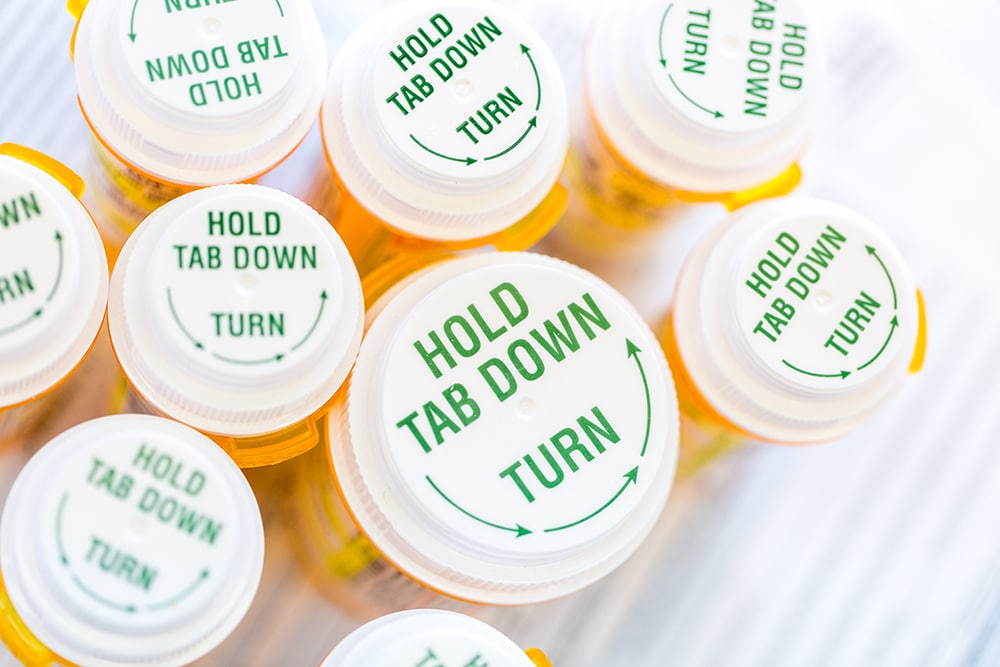While you often rely on your doctors, nurses and pharmacists to keep you safe when it comes to the medications you’re taking, you need to do your part too. Knowing some general rules for medicine safety can help keep you safe and make sure you don’t become the victim of a medication error. Making sure you find out all you can about your conditions and the medications you’re taking is a good way to start.
First of all, make a list of all the medications you are currently taking including prescription and over the counter. Make sure you include dosage, how often you take them and the name of the pharmacy where you got them. Also include any medicine or food allergies you might have. Make sure you always keep your medications in the containers they came in to avoid taking the wrong medication by accident. Never take another person’s prescription. You have no idea how it will affect you or if you’re allergic to it or it will interact with your other medications. Medications should always be stored in a cool dry place and away from direct sunlight. The bathroom medicine cabinet is not ideal for storing medications either because heat and humidity can affect your medications’ potency and safety. It goes without saying to keep medications out of reach of children yet each year thousands of children wind up in the emergency room after ingesting medications they got into. Always take your medications as your doctor prescribed. Never chew or crush a tablet unless that’s the way it was prescribed because crushing medication can cause it to be absorbed too quickly and make you sick.
When dealing with your doctors and pharmacist, communication is vital. Make sure you keep your list up-to-date and take it with you every time you go to the hospital, doctor’s office or pharmacy. Your medical professionals need to know what medications you are taking to avoid drug interactions. Finally, never be afraid to ask questions. Always ask your physician to explain your condition, the medication prescribed and why it was prescribed. Same goes for the pharmacist. Ask how to take your prescription medication, how often, and always double check to make sure you got the right medication. Double check the information on the label yourself each time you get a refill too.
When taking prescription medications always follow the directions on the label as well as those your doctor gave you. If you’re supposed to take all of the medication until it’s gone, you must do that in order to get the full effects of the medication. Never take a prescription drug that has expired. Call your doctor and ask for a new prescription to avoid taking a medication that is no longer effective or could make you sick. Be careful to dispose of old medications in a safe manner.
Over the counter medications are generally meant for short term usage and it’s important to keep in mind that these medications can interact with your prescription medications. Always make sure when you purchase an over the counter medication that the packaging has not been opened or tampered with. Like with prescription medication, read the labels, make sure you take the proper dosage, and dispose of unused medications when they are no longer needed or have expired. If you have any questions about over the counter medications, ask your doctor or pharmacist.
There’s a lot you, along with your medical professionals, can do to make sure you get the benefits you need from your medications while staying safe in the process. These medication safety tips will help you get started in taking an active role in your own health and safety. When you need effective legal counsel you can trust, call us at 1.877.732.2491 or fill out the free consultation form in the sidebar to request a free review of your case.

